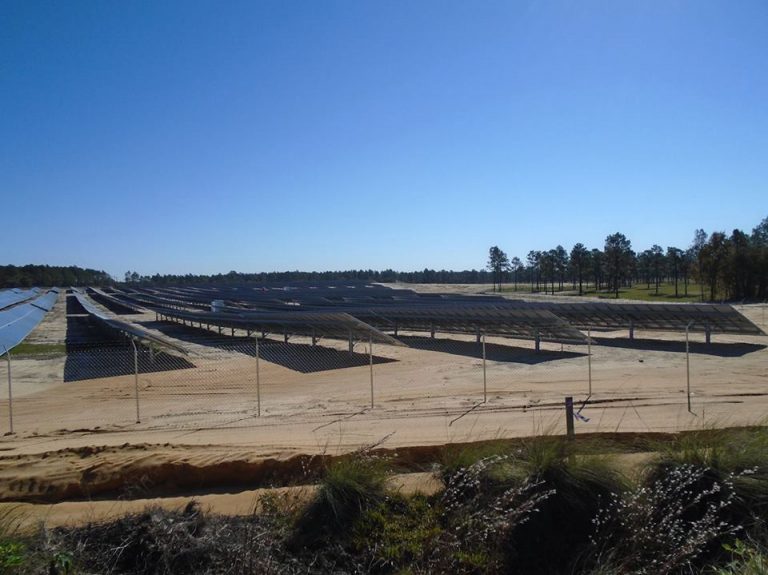
You need not eat the whole egg to know it is rotten.
Like many Virginia landowners, I get unsolicited offers from firms wanting to exploit my land for solar farms. I throw them in the garbage. I don’t care what they offer. I don’t want it. It’s not my place to tell other forest landowners what to do but let me explain why I feel strongly that we should not do it.
Let me be clear. I support solar on rooftops, powering remote installations & shading sunny parking lots. Our urban areas are full of sunbaked roofs & parking lots. Just don’t take down forests or cover fields with solar panels. This is not clean energy.
Trees are more than wood and forests are more than trees
Responsible private landowners protect the health of the biotic communities – the living soil, water, air and wildlife – that depend on our land. We still use and profit from the land, but we do it wisely and we also must look beyond our own land to the greater ecosystem and the greater society. We should think in terms of the triple bottom line – a decision reasonable for ecology, economy and society?
Considering the big picture, we might argue that devoting our forest land to solar meets the triple bottom line criteria. Here is why it does not. If we harvest a tract, it does not stop being a forest. It becomes a forest in transition, as the next generation begins. It stops being a forest if we convert to other uses, pave it over or cover it in solar panels. But isn’t the energy produced by these panels worth the cost of the local forests? Well … no.
Today’s solution is tomorrow’s problem
No matter what they tell you, these panels will not last decades. How long do ordinary shingles last on your roof? They will be ruined by weather, made obsolete by advancing technology or just neglected. During their short lifetime, it is likely that they will never make up for the ecological value of the trees they replaced, nor the biotic communities that would have grown.
We can tell they are a bad deal because they are not self-supporting. Solar farms are essentially farming tax breaks and subsidies. They get this up front, while you rely on the uncertain long-term payback.
Before you let these guys have your land, ask a few practical questions. How long and how much? How often will they be on your land? What happens when they remove the panels? Is the firm reliable AND are they likely to stay in business for the life of the contract? Who is liable if something goes wrong?
Ask if this fits your land ethic
I could think of more, but maybe save time by asking an enabling question. Does this use of land fit my land ethic? My answer is “no,” so I stop right there. You need not eat the whole egg to know it’s rotten.
